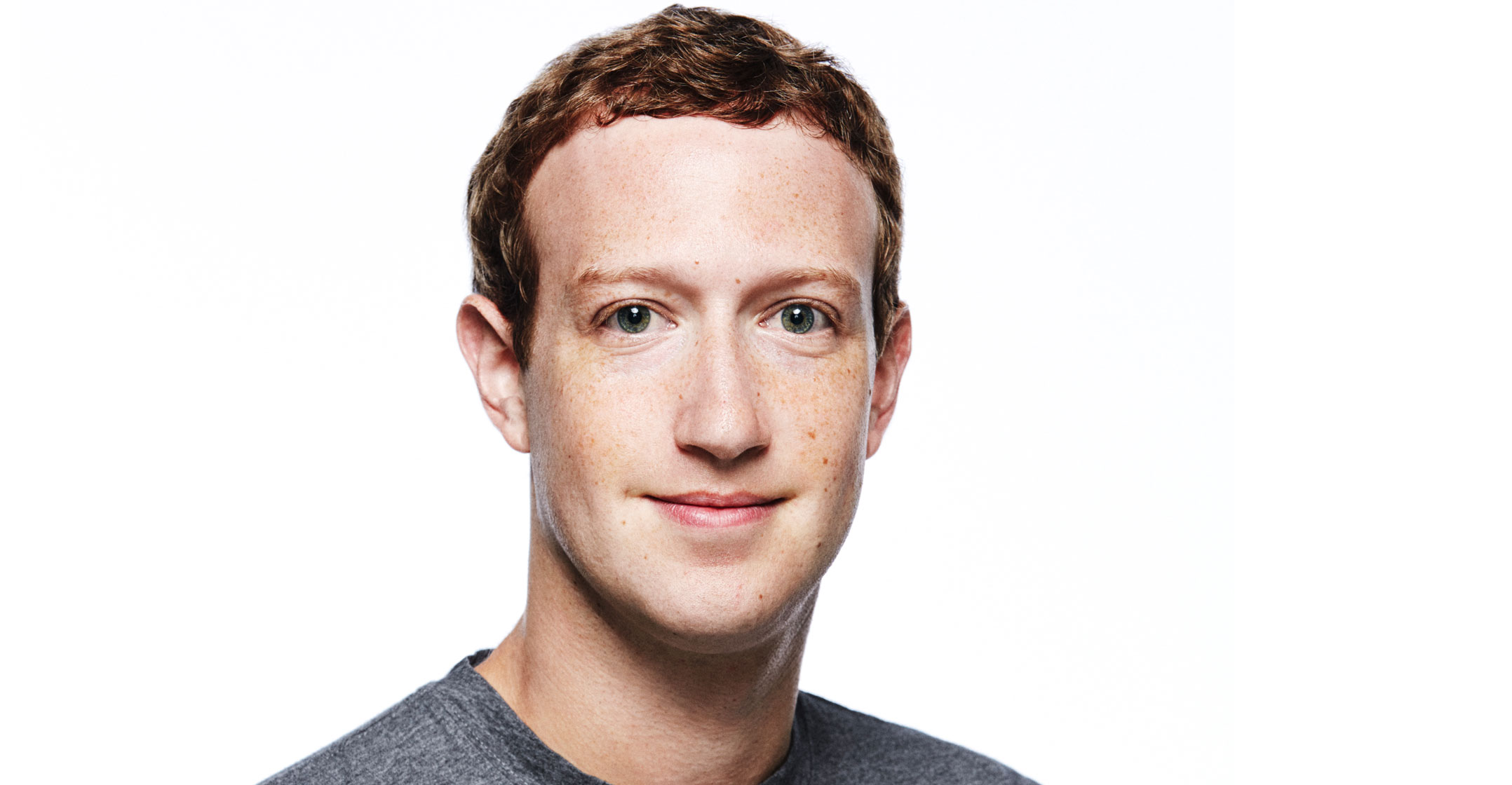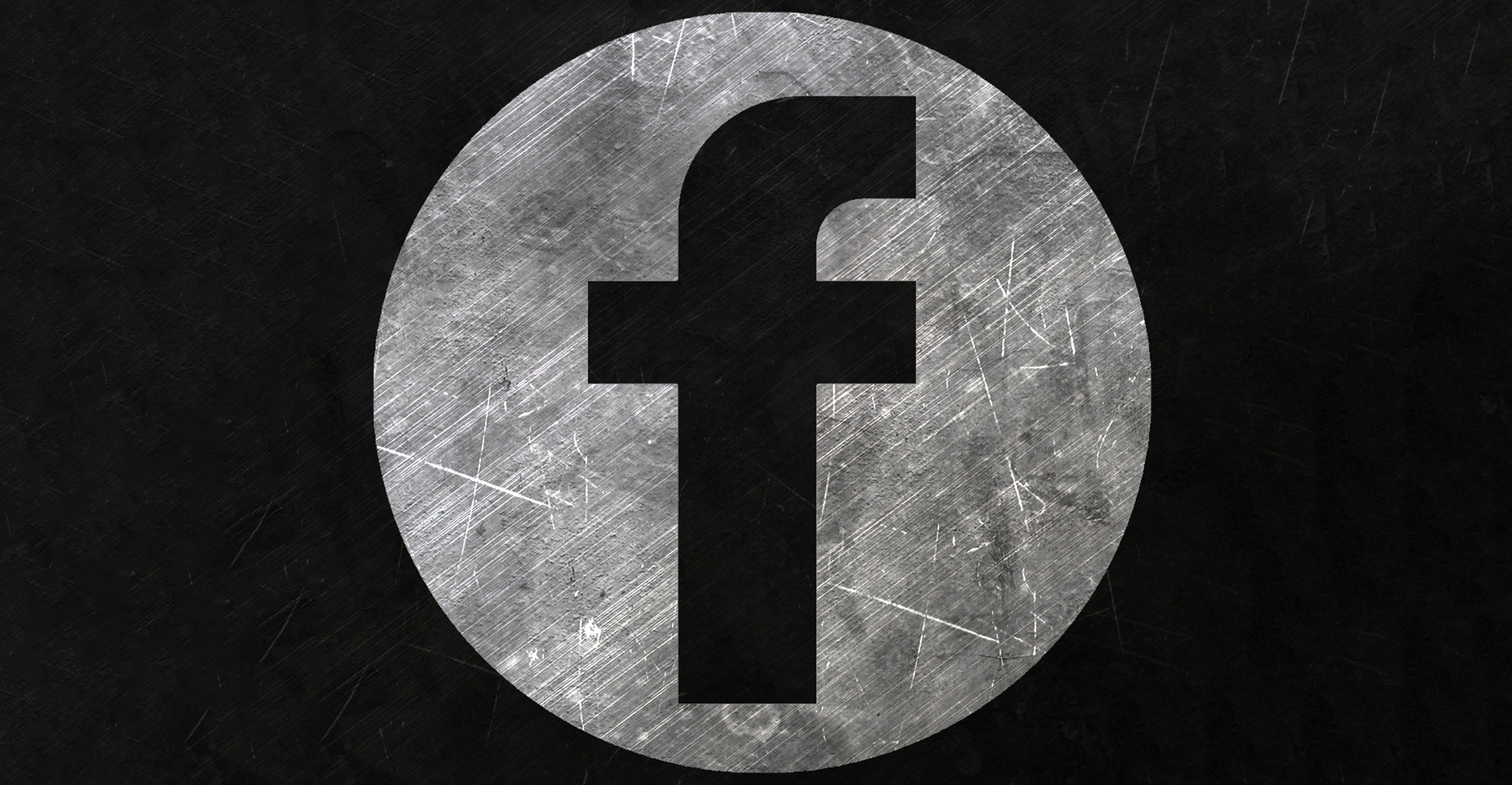
In some ways, Facebook CEO Mark Zuckerberg might be relieved. He prepared for harder questions than he got during his first testimony before US lawmakers.
No senator asked him, for example, about whether he should resign from Facebook — a question Zuckerberg would have answered by saying he has solved big problems before, according to a snapshot of his notes from the Associated Press. Or about the fact that malicious actors may have abused Facebook’s search feature to scrape data on a majority of its two billion users, which, he would have explained, the company has resolved so it doesn’t happen again in the future.
The executive had to clear up a few misconceptions about his product in exchanges with senators that came with a touch of irony, considering how misinformation is known to spread on his social network.
No, Zuckerberg said, Facebook doesn’t sell data to advertisers or anyone else. (Instead, it has an ad-targeting system that allows advertisers to reach users based on their interests and activity without ever seeing their names.) Facebook also isn’t listening to people’s conversations via their phones’ microphones, or trying to silence conservative voices, he said.
But there were some hard-hitting questions. And in five hours of testimony before a joint hearing of the senate judiciary & commerce committees, the 33-year-old ducked some, skirted around others, but answered most of them. Here are the top takeaways:
1. Facebook’s privacy policy Is inadequate
Senators on both sides of the aisle criticised the social media giant’s privacy policy for being inadequate and confusing, focusing on the digital documents that many consumers avoid reading.
“Your user agreement sucks,” said senator John Kennedy, a Republican from Louisiana. The purpose of the agreement is to cover Facebook’s “rear end”, not to defend privacy rights, he said.
Kennedy recommended that Zuckerberg tell his lawyers to translate the policy’s language into understandable English.
“Most Americans have no idea what they are signing up for because Facebook’s terms of service are beyond comprehension,” senator Lindsey Graham, a Republican from South Carolina, said after the hearing.
The concerns hit at a widespread worry senators had that Facebook used the broad agreements to ride roughshod over the privacy of its users, without those individuals understanding what they had agreed to. Senator Dick Durbin, a Democrat of Illinois, tried to frame the issue in terms that Zuckerberg could understand.
“Would you be comfortable sharing with us the name of the hotel you stayed in last night?” Durbin asked during the hearing.
Zuckerberg hesitated before saying no.
Durbin said that’s exactly what the privacy issue is all about — what people are giving up in modern America.

2. Regulation Is coming
While Zuckerberg avoided major blunders, it was clear after his first day of testimony that there’s a growing appetite to impose laws that would govern the behaviour of Facebook and other social media companies — even among some senate Republicans.
“It would be difficult for members of congress to tell their constituents we trust Facebook to continue to self-regulate given the problems we have seen,” Graham said after the hearing.
Senator Amy Klobuchar, a Democrat from Minnesota, also wasn’t swayed by Zuckerberg’s goal to self-police.
“We’re going to have to do privacy legislation now,” she said, after noting his apology and stated efforts to hire more people to protect user data.
While the European Union has put in place the General Data Protection Regulation to safeguard individual privacy, rules that will go into effect this year, the US has avoided these types of laws. Those days may be numbered.
“I don’t want to have to vote to regulate Facebook, but by God I will,” Kennedy told Zuckerberg. “That depends on you.”
3. The Facebook monopoly conversation has begun
Facebook is the world’s biggest social media platform, with its flagship service reaching two billion users. The company and Google parent Alphabet collectively received more than 87% of digital advertising revenue in 2017. And the main alternative to Facebook is Instagram, which Facebook also owns.
Graham pressed Zuckerberg on whether his company had any true competitors, and whether there was an alternative to Facebook in the private sector.
“You don’t think that you have a monopoly?” Graham said.
“It certainly doesn’t feel that way to me,” Zuckerberg responded. He came prepared with a statistic that showed users have other apps to connect with their friends and family. Still, the senator was unconvinced.
“Contrary to Mr Zuckerberg’s assertion, Facebook is a virtual monopoly and monopolies need to be regulated,” Graham said after the hearing.
Senator Dan Sullivan, a Republican from Alaska, also asked if Facebook is too powerful, making the point that historically, when companies accumulate this much power, they are either regulated or broken up.

4. Facebook hopes to solve its content woes With AI
Facebook has long been criticised for failing to police content adequately. Senator John Thune, a South Dakota Republican, conceded “the line between legitimate political discourse and hate speech can sometimes be hard to identify”.
Zuckerberg said finding and eliminating hate speech from the network is one of the hardest problems to tackle, but he thinks artificial intelligence can help the company solve the issue in five to 10 years. Facebook has said before that its staff focused on sensitive security and community issues would grow to 20 000 people by the end of the year.
Some Republican senators raised the issue: if Facebook polices content more effectively, how can they be sure they won’t do so with an anti-conservative bias? Zuckerberg said the company aims to be neutral, but will be taking a harder line on what it views as extreme content.
5. Facebook doesn’t know how much damage was done
Lawmakers dug to find out what other groups besides political consulting firm Cambridge Analytica were able to improperly obtain user data with Trojan horse apps.
Zuckerberg had no clear answer, saying that Facebook doesn’t know how much data was harvested, bought and sold against its policies during the era when apps could scrape, and that it has no way to track what happened to that data now.
“Do you know of any instances where user data was improperly transferred to third parties in breach of Facebook terms?” said senator Chuck Grassley, a Republican from Iowa.
“I don’t have all the examples of apps that we’ve banned here,” Zuckerberg said. He said Facebook didn’t do enough to prevent its tools from being misused and will audit tens of thousands of apps.
6. Zuckerberg did better than expected
Zuckerberg’s performance won over investors and a few lawmakers.
There were no major missteps and he kept his cool during the five hours, speaking confidently and deliberately. In fact, shares of Facebook rallied 4.5% at the close of Tuesday’s trading as investors were reassured by Zuckerberg’s defence of his advertising-supported business.
“It’s obvious he prepared for his testimony,” said Allison Shapira, who leads Global Public Speaking, a communication training firm. “You can hear it in the way he’s answering the questions and how he looked. He had a strong, confident voice. He had calm pacing. He was not rushing. If he did not look nervous at all, we might doubt his sincerity and authenticity.”
Senator Sheldon Whitehouse, a Rhode Island Democrat, was also impressed by Zuckerberg’s performance, saying the CEO was doing “a fine job” in general. — Reported by Sarah Frier, Nico Grant and Selina Wang, (c) 2018 Bloomberg LP




